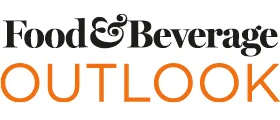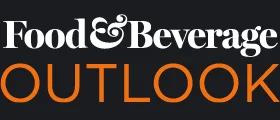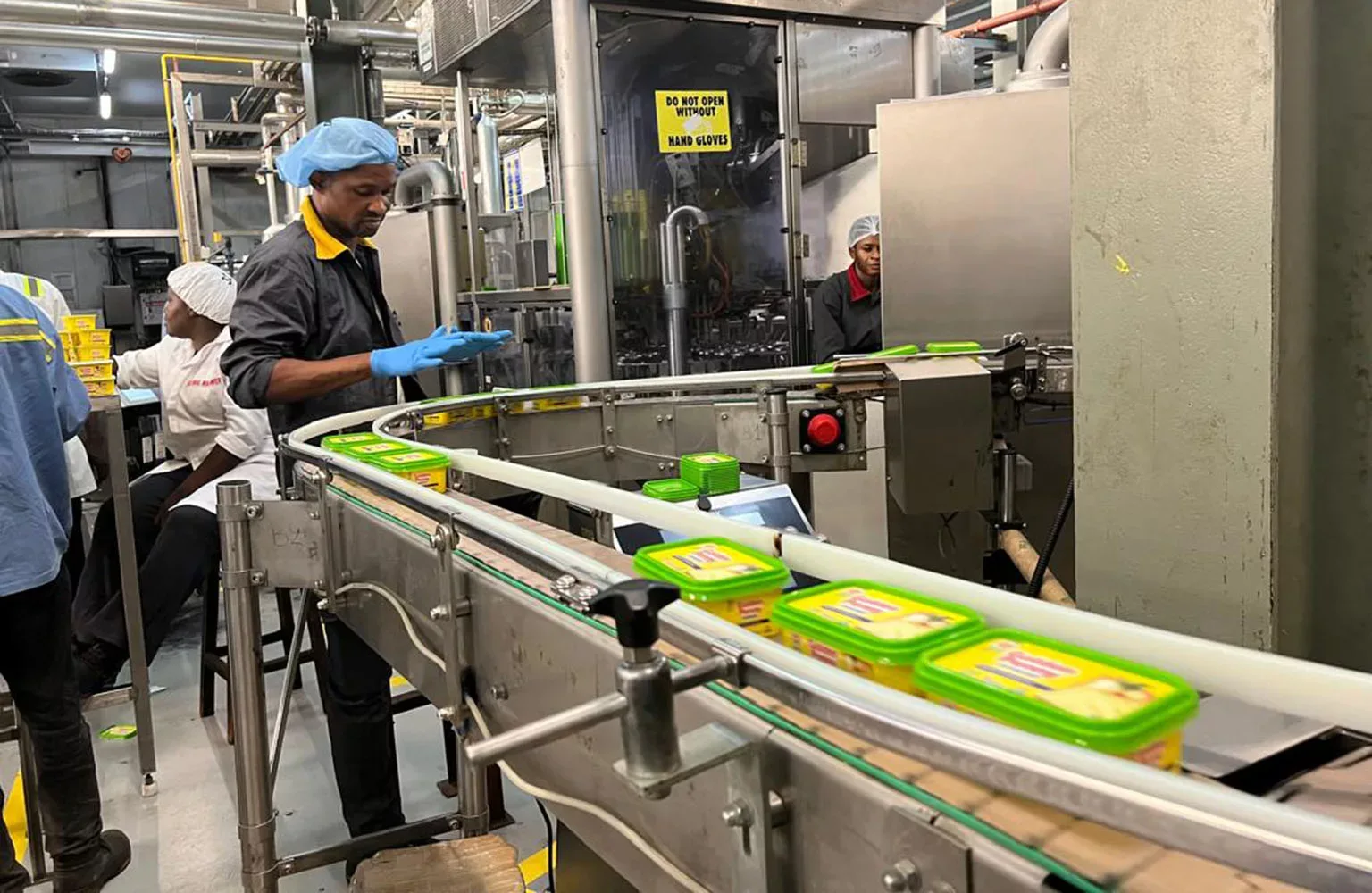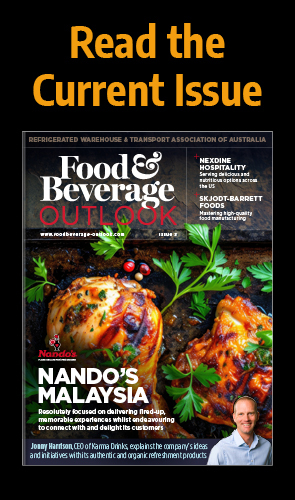Austin Pam Dalyop, Head of Sales and Marketing at Premium Edible Oil Products, provides details on the company’s burgeoning status as a major food manufacturer in Nigeria, its extensive and wide-reaching portfolio, and its ambitions for the future.
FEEDING THE NATION, EVERY DAY
With a growing population of over 1.4 billion, Africa’s food and beverage industry is by no means short of demand.
However, amidst a harsh economic climate, disposable income has become limited, and affordability is now a major challenge for much of the population, leading to stagnation for many businesses, especially small and medium-sized enterprises (SMEs).
In addition, a lack of energy availability and high factory running costs across the continent have recently presented serious problems, even for commercial giants and large businesses.
Coupled with company revenues facing high rates of taxation and banks setting interest rates as high as 25 to 30 percent, many are being outpriced.
“These are major challenges for any entrepreneur, particularly those involved in the manufacturing industry,” opens Austin Pam Dalyop, Head of Sales and Marketing at Premium Edible Oil Products (PEOPL), a subsidiary of the Flour Mills of Nigeria Plc (FMN) Agro-Allied division.
With a proud history of over 64 years in FMN’s Nigerian food landscape, PEOPL remains one of the country’s leading edible oil producers and maintains its vision for growth and expansion despite these socioeconomic obstacles.
Having recently opened FMN offices in Accra, Ghana, and acquired free trade zones in several of its West African locations, it hopes to continue increasing trade routes within the region.
“We are ready to capture the opportunities that lie ahead and unlock them for the benefit of FMN stakeholders. We will drive the route-to-market and traverse the whole of West Africa with our Golden Penny brands,” Dalyop confidently affirms.
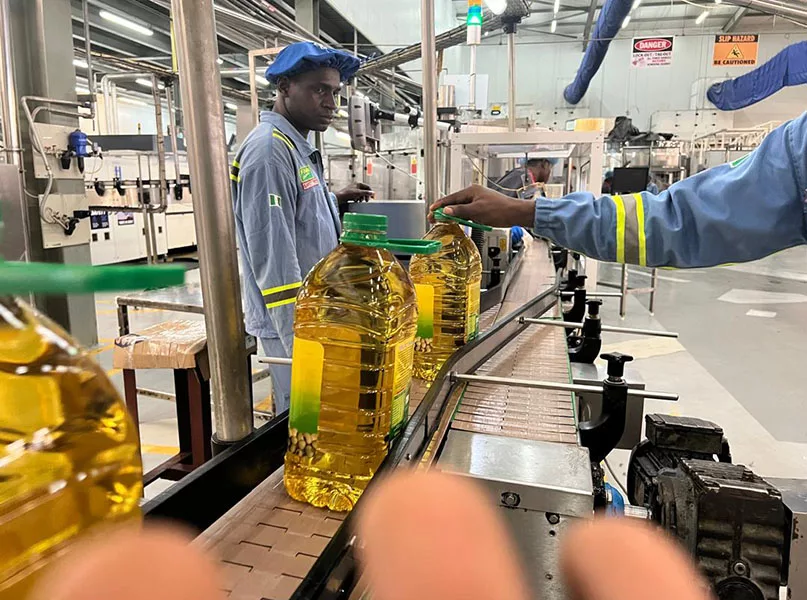
A COMPREHENSIVE PRODUCT PORTFOLIO
Headquartered in Nigeria, PEOPL’s primary raw material is soya seed, which is processed into soya oil and soybean meal (SBM). Its business focus is on three categories, including the export of SBM organic products into EU and Asian countries as well as business-to-business (B2B) and business-to-consumer (B2C) trade.
“We source crude palm oil from an owned plantation and third-party plantation owners for processing and refining,” Dalyop expands.
The company is then able to stir in additional, high-quality ingredients to produce ready-to-eat products.
PEOPL’s clientele fall into three specific market categories – export clients; B2B, such as the bulk sale of SBM, refined soya oil, palm oil, palm kernel oil, and olein to corporate food chain and traders; and B2C, including the sale of fast-moving consumer goods (FMCGs) such as packaged soya oil, vegetable oil, spreads, margarines, and mayonnaise.
In the export market, PEOPL predominantly focuses on exporting SBM to Europe and Asia, averaging around 8,000 to 10,000 tonnes (t) per month. It likewise sells SBM to local feed millers and poultry owners in Nigeria who mill feed for livestock.
“We also supply oil in bulk to more than 15 food chain companies across the country, the FMN Foods division, and Golden Penny Pasta & Noodles, an in-house brand that uses over 900t of refined soya, palm oil, palm kernel, and olein per month for its production,” he reveals.
In addition, many other customers utilise PEOPL’s oil products, such as established soap manufacturers, who purchase its refined palm kernel oil for use in soap manufacturing.
Regarding its B2C offerings, the company specifically manufactures FMCGs such as Golden Penny Soya and Golden Penny Vegetable Oil in various sizes such as 750 millilitre, 1 litre (L), 2.75L, 4L, and 5L containers.
Other brands include Golden Penny Mayonnaise, Golden Penny Spread, and Golden Penny Margarine, with packaging in various consumer sizes ranging from 15 grams (g) to 900g and 10 kilogrammes (kg) to 15kg.
A UNIQUE VALUE PROPOSITION
Due to its production of ready-to-eat products, hygiene, high quality, and safety are of paramount importance to the PEOPL team.
“We have a dedicated team overseeing quality assurance that ensures ready-to-eat products follow proper food processes and that we always exceed regulatory hygiene standards,” Dalyop comments.
Enforced by a robust team of food safety personnel, control over these processes helps PEOPL to ensure the highest food safety protocols are followed. This extends to third parties that frequent the premises, such as transporters.
“When you come to our premises, there are regulations you must follow and kit you must wear. Even before suppliers drive in, safety measures are in place for vehicles that deliver, collect, or lift goods out,” he emphasises.
“Nigeria’s wider agricultural landscape primarily utilises generic seed. However, because we buy our seed from local suppliers and work with farmers to ensure the quality of their farm practices, product yields, and processes, we are able to have these generic products,” Dalyop details.
Whilst exporting SBM to European markets, PEOPL identified an unmet demand for non-GMO products in the region, which the company realised could also attract higher margins.
As such, it embarked on the widespread exportation of non-GMO SBM to Europe, which now accounts for a large proportion of the business.
“We started with one supplier, and today we have multiple suppliers in other regions we could sell to,” he tells us.
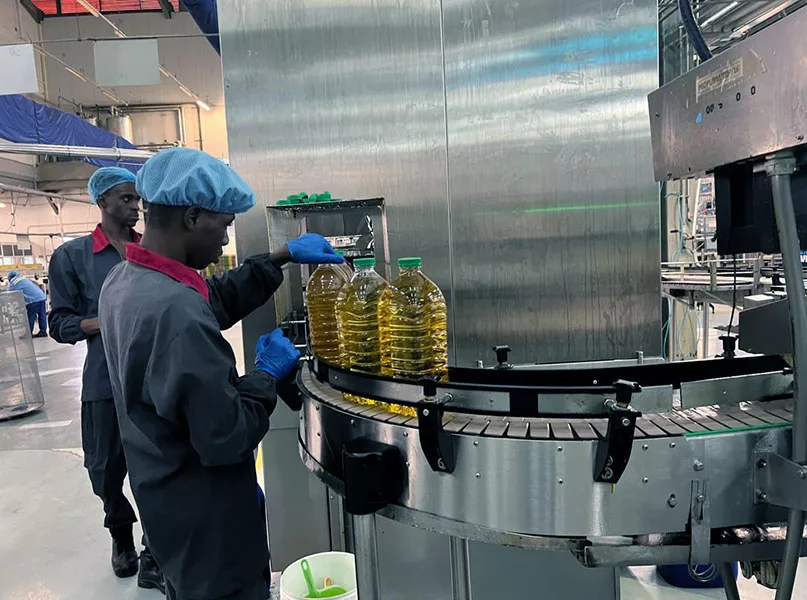
INNOVATION AND SUPPLY PIPELINES
When looking at the region’s population of up to 1.4 billion people, there are huge food production and processing opportunities.
In this way, PEOPL’s current focus is on processing soya as a nutritional food item to support the global fight against malnutrition.
As soya processing can produce upwards of 200 food items, the company’s innovation pipeline is concerned with ascertaining which soya products it could feasibly derive and identifying areas of the African food supply chain where it could add value.
“Food is cultural, and we must align with the needs of African culture. Our R&D function is working on innovation for new food products.”
However, to develop such products, Dalyop is conscious of the capital expenditure (CapEx) needed to fund new machinery. Today, capital is expensive and prioritising where it is required with maximum returns is difficult.
Nevertheless, PEOPL remains dedicated to innovating marketable soybean products that will meet the nutritional needs of the people and be an affordable and accessible alternative to meat for the improved health of the region’s citizens.
“If we consider Nigeria’s meat industry, it is entirely unsustainable for us to depend on animal nutrition products alone. There are huge nutritional benefits to soya products, and that’s why we’re looking at developing the value chain,” he confirms.
The company’s abundant access to soya bolsters its product development, enabled by its centralised supply chain.
PEOPL’s parent company, FMN, is responsible for supplying local farmers with soya seed, fertiliser through the Golden Penny Fertiliser brand, and extension services.
Once these commodities have been aggregated from the fields, PEOPL is able to purchase the soybeans directly from these farms via FMN aggregators in the field and interaction with the farmers.
Having collaborated with local farmers for many years in the past, FMN and PEOPL have uncovered an advantageous, mutually beneficial business and partner relationship with these farmers.
Farmers receive pre- and post-harvest educational seminars from FMN and PEOPL alongside guidance on planting seeds and applying fertiliser in exchange for giving the company direct access to their soya produce.
“These farmers can see the benefits of working with the FMN team – their yields increase, they make more money, and we provide useful farming tips,” Dalyop points out.
TRAINING AND DEVELOPMENT
In addition to bolstering native agriculture, FMN and PEOPL are keen to develop young, local talent from Nigeria and surrounding areas.
FMN’s Agro-Allied division runs two youth training programmes, one aimed at graduates and the other focused on technical skills for non-managerial positions.
Carried out every two years, the graduate training programme attracts applicants aged between 26 and 28, who undergo a selection and interview process until they are deemed suitable for the scheme.
“The graduates are enrolled in the training programme, during which they work exclusively for one department to another for over two years. Once completed, each graduate is offered an opportunity to gain experience in different departments depending on their qualifications, areas of interest, or where management have a need or preference,” Dalyop explains.
Following this, each graduate is assessed, approved, and confirmed as a manager in FMN or in the wider Agro-Allied division.
“We carry out our graduate training programme every two years so that we have a sufficient injection of fresh talent into the organisation,” he adds.
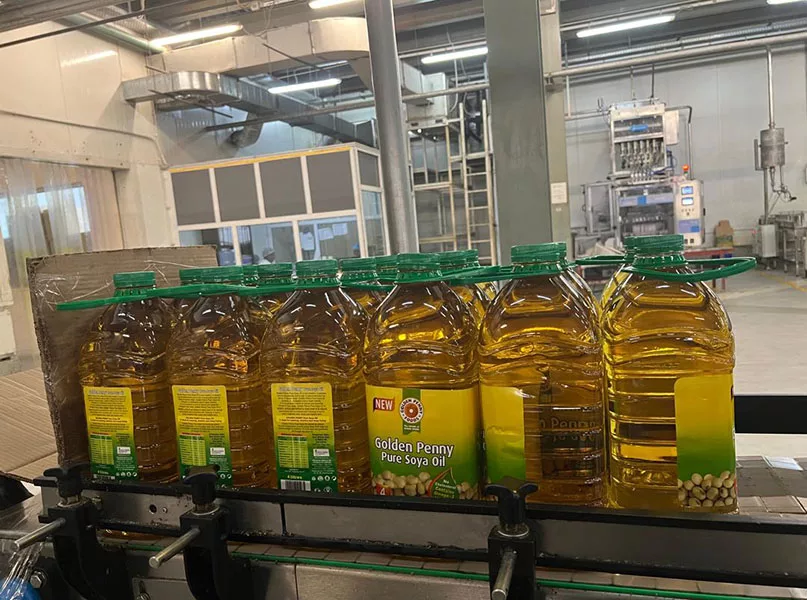
FUTURE AMBITIONS
The overall ambition of FMN Agro-Allied is to continue to engage in maximum growth opportunities in sub-Saharan Africa’s animal nutrition, oils, and fats landscape in the coming years.
In line with its motto, which is emblazoned on the logo, the Agro-Allied division seeks to take responsibility for ‘feeding the nation, every day’, as a significant task that Dalyop is acutely aware of.
“For us to feed the nation every day is a huge undertaking. It means we must be working hard and smart 24/7, and that’s what we’re doing. We must also understand how to manage volatility, uncertainties, complexities, and ambiguities (VUCA) in the agricultural sector. When it happens, it is an opportunity to make good margins,” he asserts.
To action this ambitious statement, FMN Agro-Allied continues to provide citizens across Nigeria with high-quality animal nutrition, oils, and fats.
The division also draws attention to its important role in fuelling Africa’s poultry industry by way of supplying it with SBM and soya products for feed production.
“We have the capacity, production facilities, and human resources required to continue penetrating these markets. As such, we are ready for the future, and to sustain feeding the nation, every day,” Dalyop confidently concludes.
